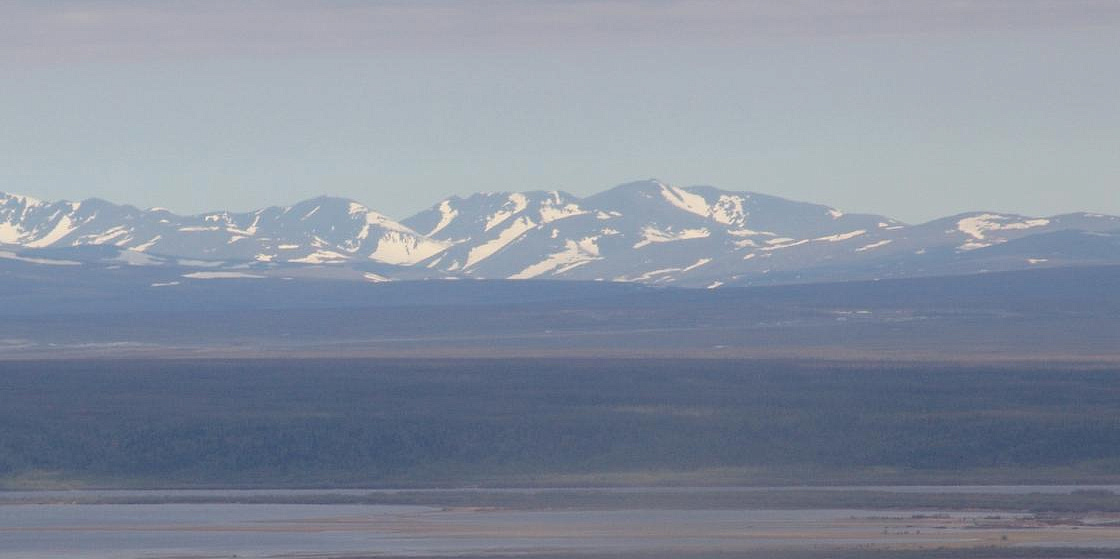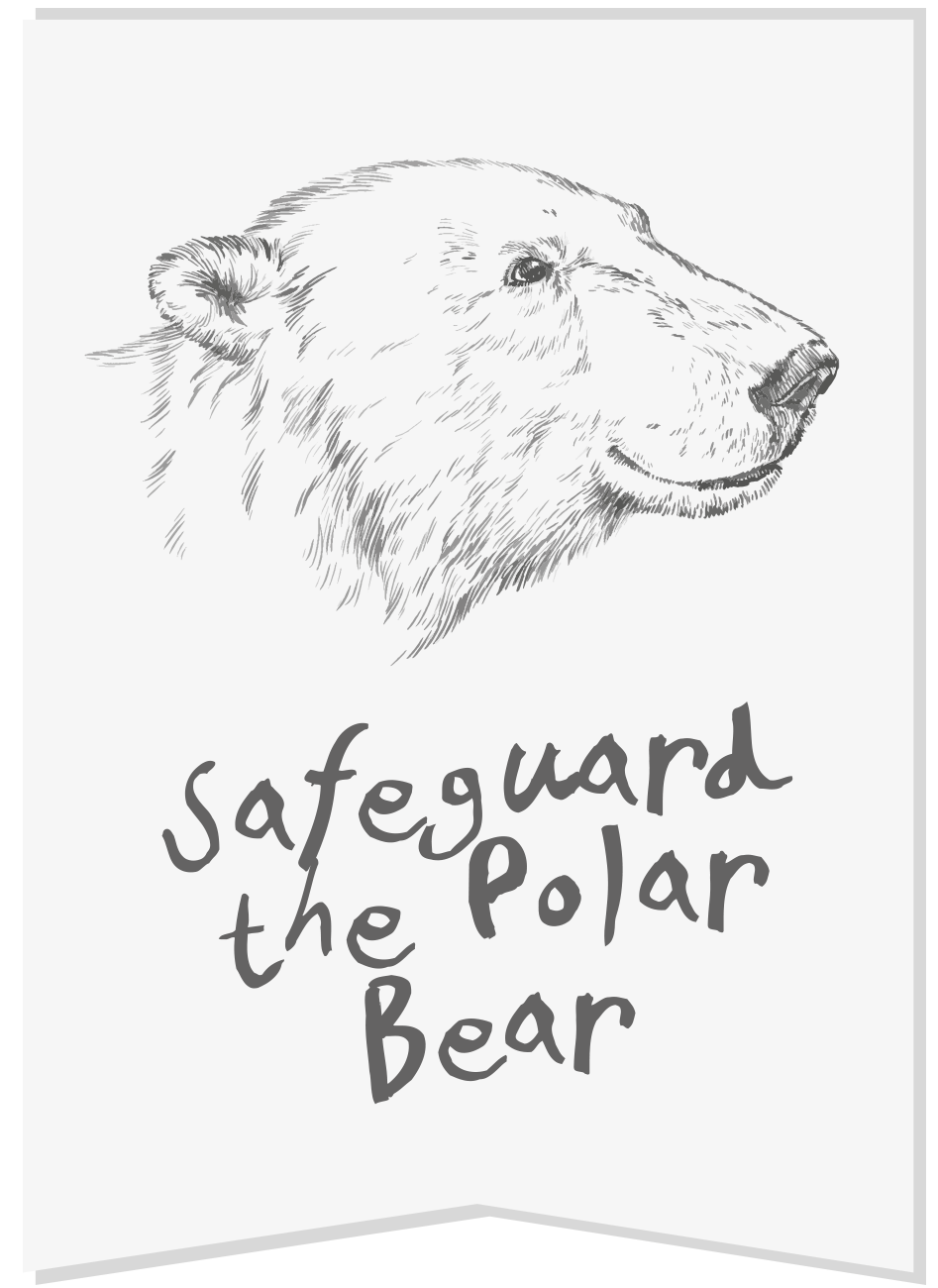
Photo: Nikolskaya Ksenia/GeoPhoto.ru
Vostok Oil to Export 100 Million Tonnes of Oil by 2030
Russian energy giant Rosneft released key data regarding Vostok Oil, its flagship project implemented in the Russian Arctic. According to the company’s top management, large-scale oil export operations can be mounted as early as in 2024. By that time, Vostok Oil will be able to supply to the world market up to 30 million metric tonnes of oil per year. This figure will grow following further expansion of the project. Rosneft believes that Vostok Oil will export about 50 million tonnes of hydrocarbons per year by 2027 and up to 100 million tonnes by 2030.
Oil and gas produced by the project will be exported via Russia’s main Arctic sea lane, the Northern Sea Route. By that time, the NSR is expected to become operational all year round owing to the commissioning of new-generation nuclear icebreakers with an installed power of 60 MW each, which are currently being built at the Baltic Shipyard. In turn, to provide for a continuous supply of hydrocarbons, Rosneft is heavily investing into the project’s infrastructure such as an onshore loading terminal to be constructed in the Sever Bay, roads, power lines, pipelines etc.
Vostok Oil will extract hydrocarbons at the Vankor field, the Payakha fields, and a range of oil and gas fields located in the northern areas of the Krasnoyarsk region, including the West Irkinskaya field and others. The project relies on a proven resource base of 6 billion tonnes of liquid hydrocarbons and some 2 trillion cubic metres of natural gas. The company stresses that the project’s oil has a remarkably low sulphur content, 0.01 to 0.04 per cent, which is 24 times less than the world’s average. This means that the project may be regarded as an environmentally friendly one, which may help it gain a strong competitive edge in the world market in light of the global effort to reduce pollution.
Oil development is an important dimension of the economic development in the Russian Arctic. Despite regulatory restrictions imposed on the use of hydrocarbons as fuels worldwide, there will be a need in oil supply even if the energy consumption structure changes completely. This will be true for the reason that oil is a key raw material used to make an entire array of products such as plastics, synthetic rubber and other petrochemical products.
Arctic Today is a column by PORA CEO Alexander Stotskiy analyzing major international, national and regional events and trends in the Arctic.
Oil and gas produced by the project will be exported via Russia’s main Arctic sea lane, the Northern Sea Route. By that time, the NSR is expected to become operational all year round owing to the commissioning of new-generation nuclear icebreakers with an installed power of 60 MW each, which are currently being built at the Baltic Shipyard. In turn, to provide for a continuous supply of hydrocarbons, Rosneft is heavily investing into the project’s infrastructure such as an onshore loading terminal to be constructed in the Sever Bay, roads, power lines, pipelines etc.
Vostok Oil will extract hydrocarbons at the Vankor field, the Payakha fields, and a range of oil and gas fields located in the northern areas of the Krasnoyarsk region, including the West Irkinskaya field and others. The project relies on a proven resource base of 6 billion tonnes of liquid hydrocarbons and some 2 trillion cubic metres of natural gas. The company stresses that the project’s oil has a remarkably low sulphur content, 0.01 to 0.04 per cent, which is 24 times less than the world’s average. This means that the project may be regarded as an environmentally friendly one, which may help it gain a strong competitive edge in the world market in light of the global effort to reduce pollution.
Oil development is an important dimension of the economic development in the Russian Arctic. Despite regulatory restrictions imposed on the use of hydrocarbons as fuels worldwide, there will be a need in oil supply even if the energy consumption structure changes completely. This will be true for the reason that oil is a key raw material used to make an entire array of products such as plastics, synthetic rubber and other petrochemical products.
Arctic Today is a column by PORA CEO Alexander Stotskiy analyzing major international, national and regional events and trends in the Arctic.
18 November 2021




